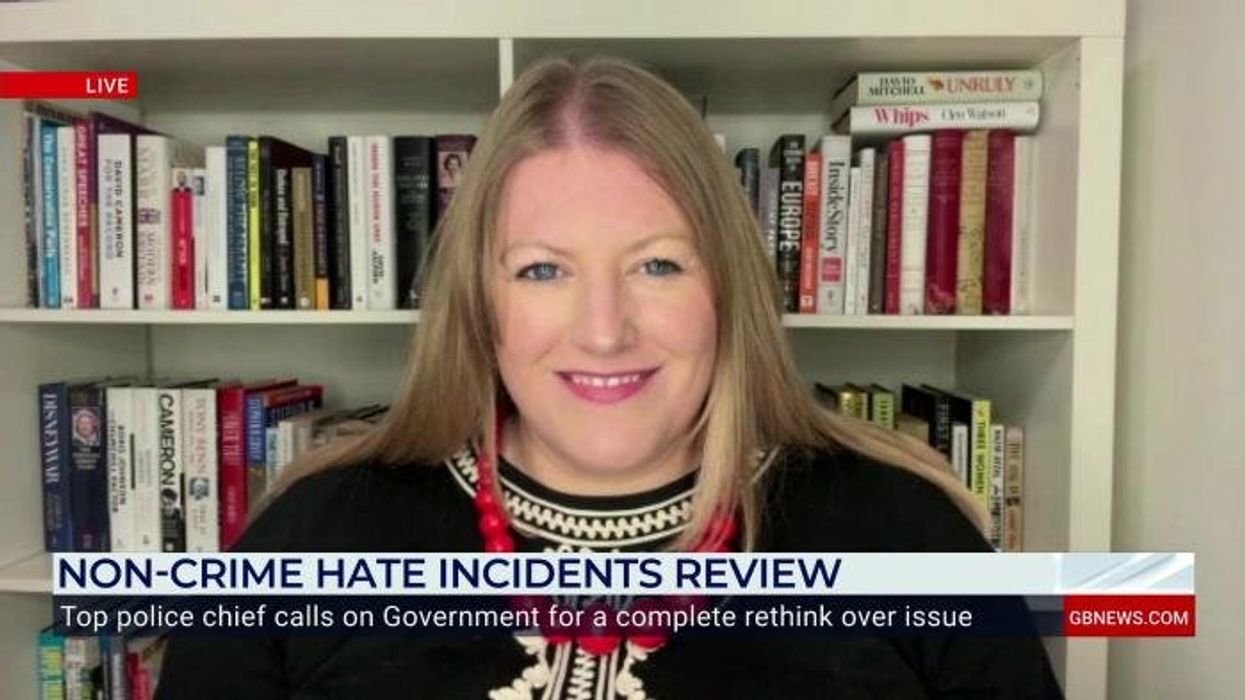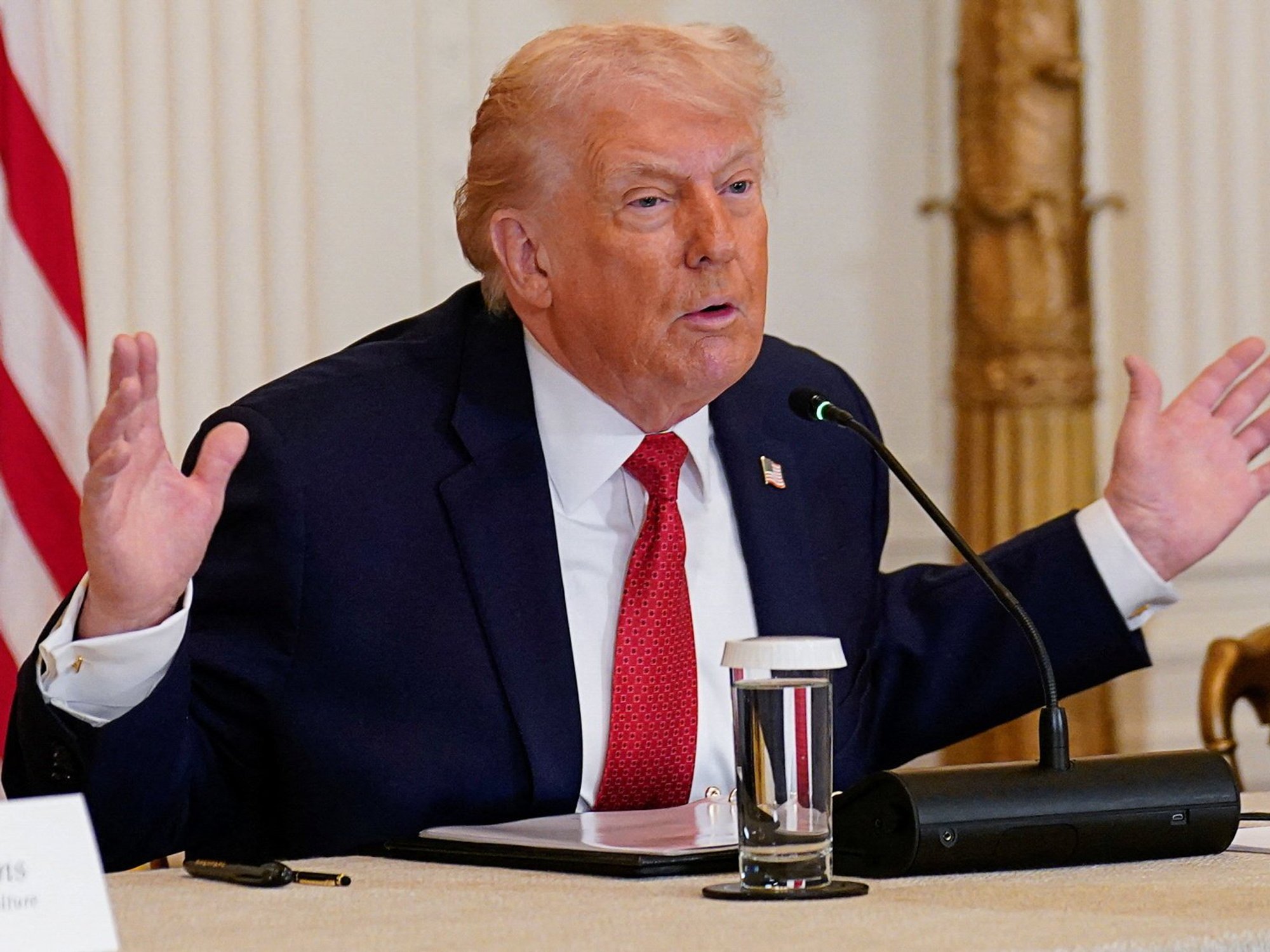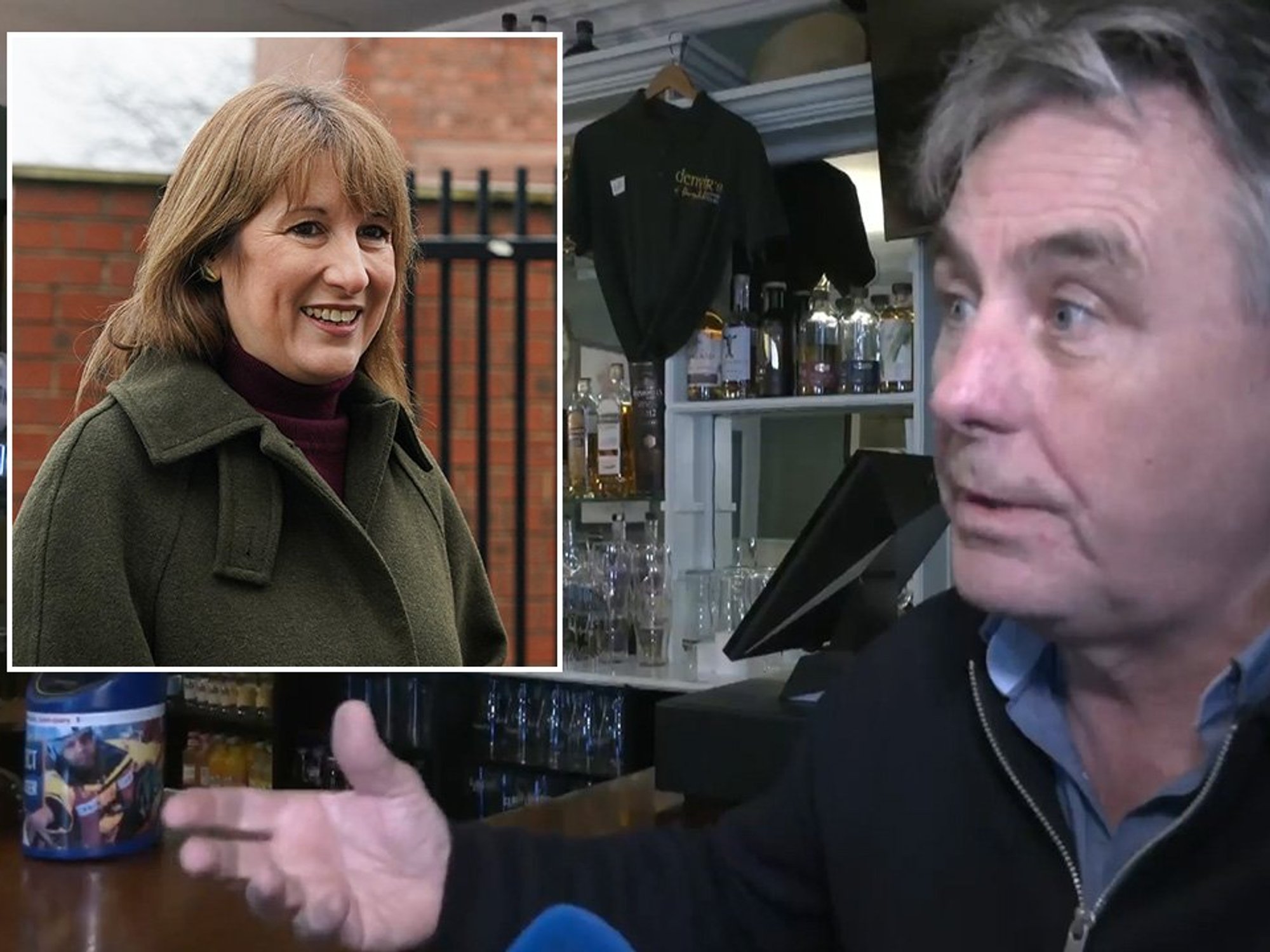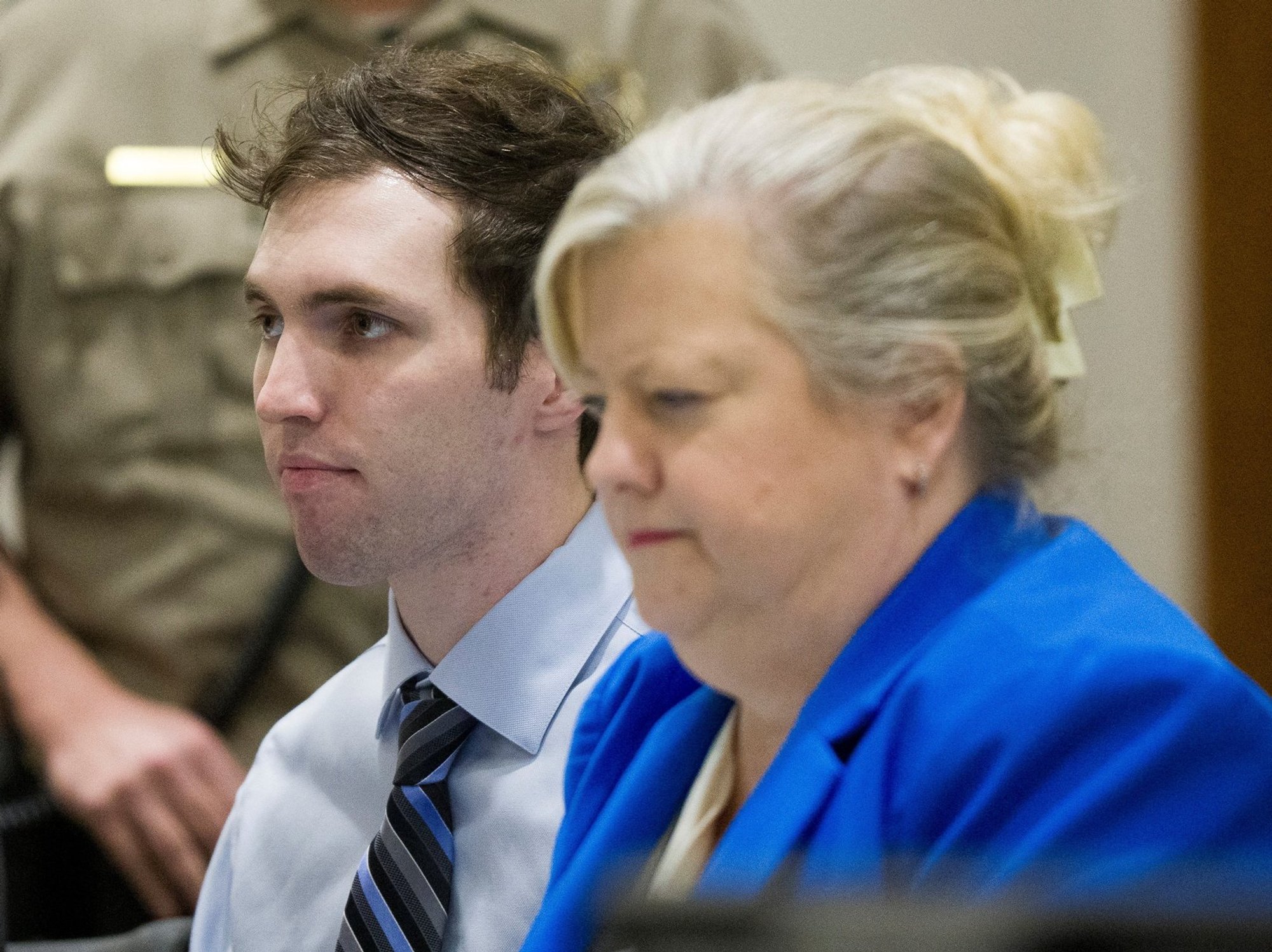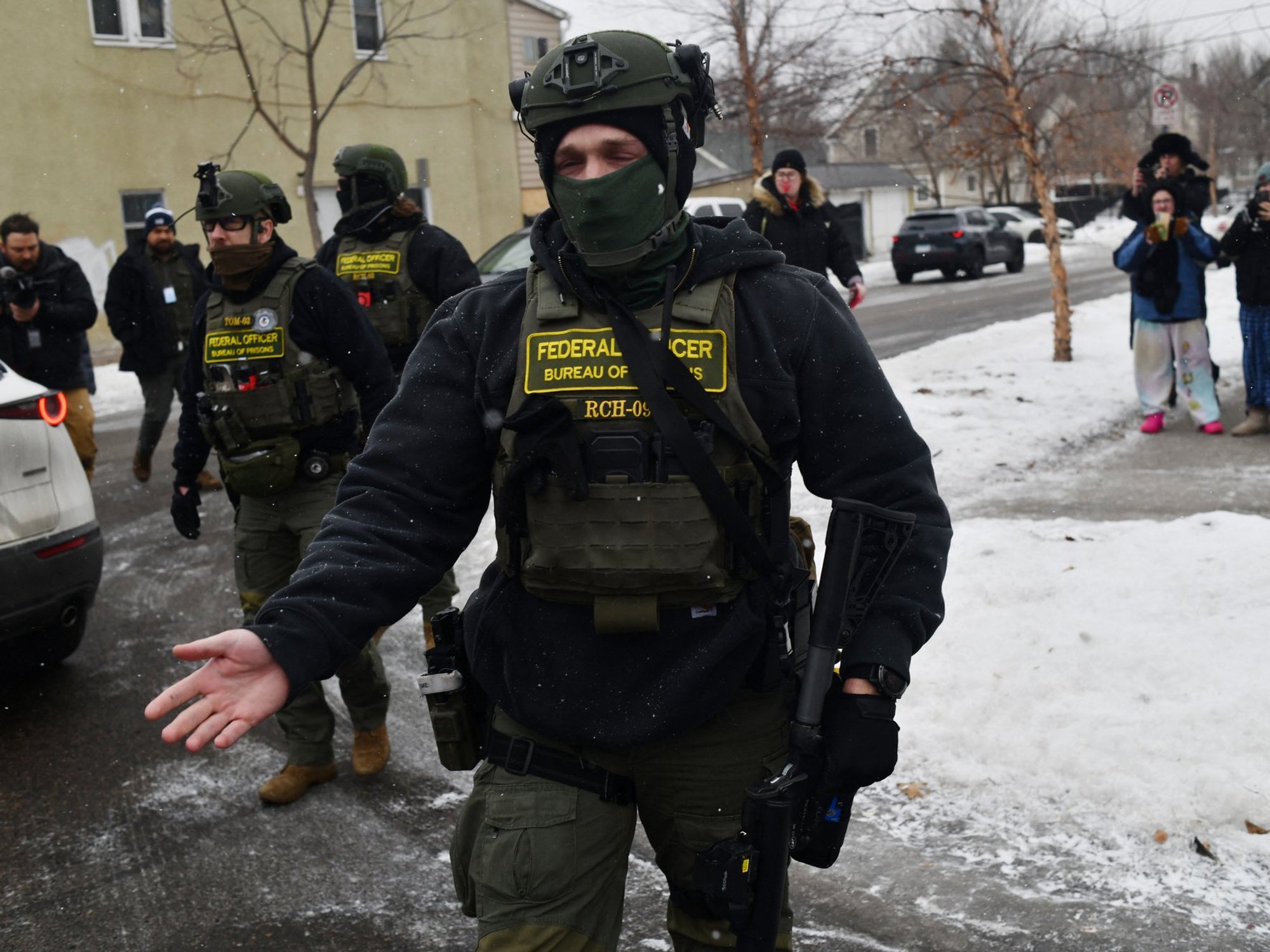Ex-Met Police chief calls for Labour to abolish non-hate crime incidents
An amendment has been raised in the House of Lords
Don't Miss
Most Read
Trending on GB News
A former Metropolitan Police chief has called for Labour to abolish non-hate crime incidents (NHCIs).
Lord Bernard Hogan-Howe, the Commissioner of Police from 2011 to 2017, and Lord Toby Young of Acton, the head of the Free Speech Union, have tabled an amendment to the government’s Crime and Policing Bill that would stop requiring police to record NHCIs.
If this amendment passes, NHCIs would be abolished as a special category of incident that must be recorded by officers under the law.
The bill is currently being scrutinised in the House of Lords and the amendment is believed to have support from dozens of crossbenchers, which means it has a good chance of passing.
If passed through the Lords, Labour will be forced to either accept the amendment or use their Commons majority to overturn the amendment once it returns from the upper chamber.
NHCIs are incidents that fall under the threshold to be criminal and are used to identify discriminatory situations and patterns which may develop into hate crime.
Backing a report calling for their abolition earlier this year, Lord Hogan-Howe said: "Whether something is a crime is an objective statutory test.
"Whether something is a non-crime hate incident is a subjective test based on guidance, producing inconsistent outcomes."
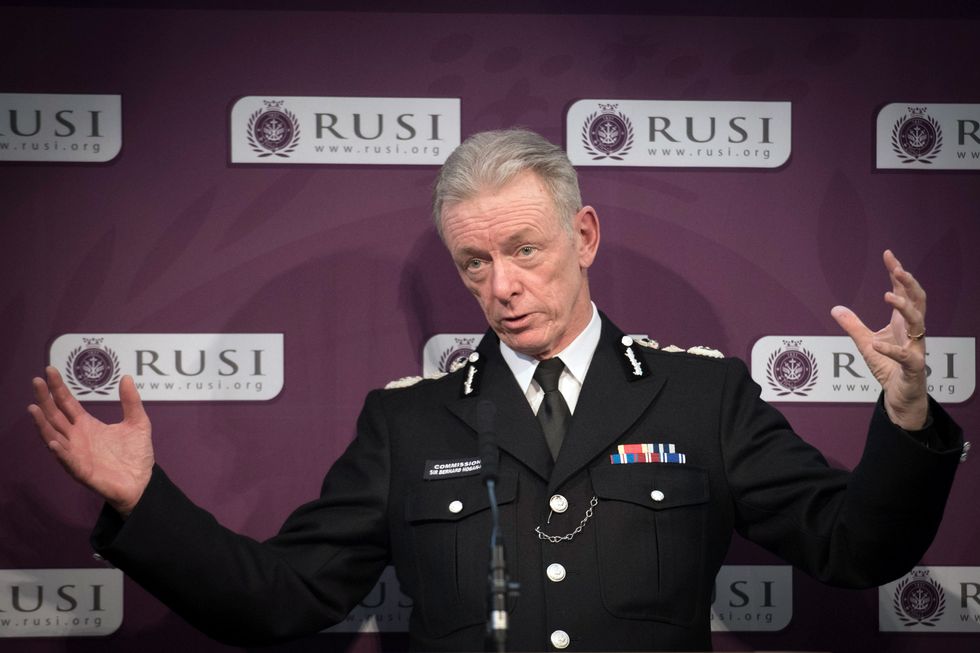
Lord Bernard Hogan-Howe issued a warning
|PA
The category was introduced in 2014 as a result of the inquiry into the 1993 murder of Stephen Lawrence.
However, critics claim they have increasingly been used to record online spats and trivial arguments, wasting police time and stifling freedom of speech.
Examples of reported NHCIs include a Snapchat between schoolgirls, Bob Marley music being played, and a rough haircut.
The Home Office began a review of the system after a string of widely reported cases more than a year ago.
LATEST DEVELOPMENTS
- Home Secretary now urged to SACK West Midlands Police chief for 'failing to protect Jews from mob' in Birmingham
- Prosecutions over social media hate crimes hit record high following Lucy Connolly conviction
- UK Hate Crime Unit brands English flags 'narrative challenge' in secret meeting joined by 'anti-Muslim hatred' group
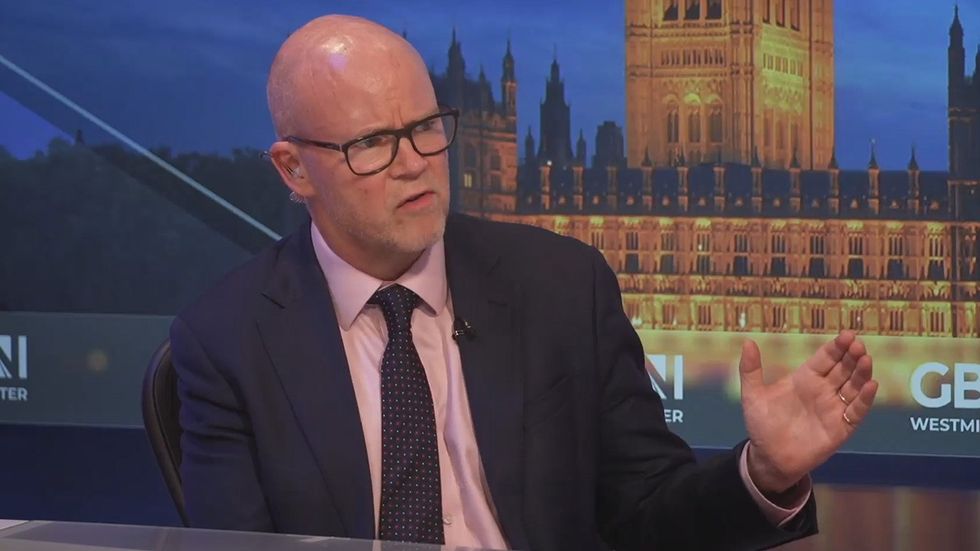
Lord Toby Young tabled an amendment in the Lords
| GB NEWSIt is currently consulting with the College of Policing to rewrite guidance and reduce the number of recorded incidents.
60,000 hours of police time is estimated to be spent on NHCIs, according to a report by the think tank Policy Exchange.
Last year 13,000 NHCIs were reported, including against children, doctors, vicars, and social workers.
Lord Young, speaking in the Lords on Thursday, said: “To begin with, the police should not be put in the invidious position of having to record what are often vexatious, politically motivated complaints, which inevitably undermines public confidence in them."
Lord Young continued: "As the judge said when he found for Harry Miller, an ex-policeman who challenged an NCHI recorded against him in the High Court: ‘In this country we have never had a Cheka, a Gestapo or a Stasi. We have never lived in an Orwellian society."
"You may think: What does it matter if an NCHI is recorded against someone? The answer is they can then show up in an enhanced DBS checks and stop you getting jobs where such a check is required, eg as a carer or a teacher."
In 2021, the College of Policing changed their guidance after a legal challenge from Harry Miller in the Court of Appeals.
Dame Victoria Sharp, one of England’s most senior judges said: "There is nothing in the guidance about excluding irrational complaints, including those where there is no evidence of hostility and little, if anything, to address the chilling effect which this may have on the legitimate exercise of freedom of expression."
This resulted in the College of Policing including in their guidance to not record trivial, irrational, maliciously reported incidents or incidents "where there is no basis to conclude that an incident was motivated by hostility."
The guidance also now states that wherever possible freedom of speech should be prioritised.


